I’m waiting with bated breath for the season opener of Game of Thrones this Sunday. Though I should say that my breath is a little less bated because I don’t have HBO, so I’ve had to catch up to this show on disc and will likely do so again. I don’t usually go in for TV shows with swords and forests and castles, but Thrones is a brilliant study of power, both in personal relations and in politics, the way it shifts and how people go about getting it. The motto of the show might just be the line spoken by Varys the eunuch (Conleth Hill): “Power resides where men believe it resides.” Oh, and there’s all the sex and beheadings and great acting and writing, too.
I haven’t read the George R.R. Martin novels that this show is based on, and don’t intend to, so please don’t spoil me on what’s supposed to happen for this third season. The show has inspired much good geeky chatter, with people wondering which real-life countries the kingdom of Westeros is based on and Season 1’s parallels with Raymond Chandler’s detective novels. In particular, the sports world seems to have picked it up as a metaphor. The best thing I’ve read on it so far is Andy Greenwald’s perceptive piece on Grantland about why the show is peaking the right time, and why its dependence on the novels for story material makes it different from just about every other TV drama ever. Predictably, conlang people are having a field day with the Dothraki language. Some people have fretted about the show’s female nudity. There has been some male nudity, too, but in the interests of parity, it could probably stand some more of it. Mentioning it allows me to link to the hilariously apt Saturday Night Live parody.
I watched this TV show shortly after going through Season 1 of Revenge, and I wound up seeing ulterior motives and conspiracies everywhere. The show it reminds me most of is I, Claudius, the excellent 1980 British TV adaptation of Robert Graves’ historical novel about the Roman emperor. They have much in common: terrific British actors, plotting and scheming (“Schemes and plots are the same thing”), large amounts of violent death, a place ruled by an absolute monarch chosen by dynastic succession. Derek Jacobi’s Claudius is close to Tyrion Lannister, a decent chap who’s widely underestimated (in Claudius’ case, because of a stutter that makes the ancient Romans think he’s an idiot) and knows how to play off other people’s underestimation, someone who learns to be a sharp political operator because it’s how he survives, and someone with human frailties who knows that they might get him killed. I, Claudius ultimately takes a bleak view of the struggle for power, and Game of Thrones certainly looks headed in that direction. Also, there’s incest going on in Claudius, though Game of Thrones is undoubtedly the incestiest show ever on TV. The mores of 1980s British TV being what they were, the show didn’t depict any homosexuality, but it had no problem with the incest. What was up with that, 1980s British TV people? David Chase cited I, Claudius as a key influence when he created The Sopranos, but in many ways Game of Thrones is even more its heir.
I mentioned the acting. I’ve been particularly impressed with Emilia Clarke as Daenerys, particularly during Season 1 as she stands up to her abusive brother. Of course, that task is made somewhat easier by the fact that she’s backed by 40,000 tribesmen raised in a warrior culture who are ready to cut open anybody who might hurt her. Still, you feel how hard it is for her psychologically to finally say enough. I’ve never been the biggest fan of Lena Headey in the past, but she somehow makes embittered, murderous, incestuous Cersei Lannister someone you can empathize with. Late in Season 2, when she breaks down in front of Tyrion, you can feel that underneath all the power obsession is a mother who realizes that the son whom she loves has become a monster. Maisie Williams as Arya is a real find, too. Like the rest of the world, I’m in awe of Peter Dinklage’s funny, acute, and touchingly vulnerable Tyrion. One day, when I’m in a tight spot and have to come out fighting, I’m going to recite his speech from the siege of King’s Landing to myself and take courage.
I want to pose a question to you, dear readers. Which character would you like to see kill King Joffrey? In an age of TV villains who are expected to be all complicated and sympathetic, it’s somewhat refreshing to find a bad guy without a single redeeming virtue. The teenage king (Jack Gleeson) is sadistic, stupid, and cowardly, and he had a bunch of children murdered to prevent the previous king’s illegitimate kids from threatening his reign. A hell of a lot of characters, to say nothing of viewers, would like to see him pinned and wriggling on the end of a spear. So who would you like to see wielding the spear? Cast your votes in the comments section.



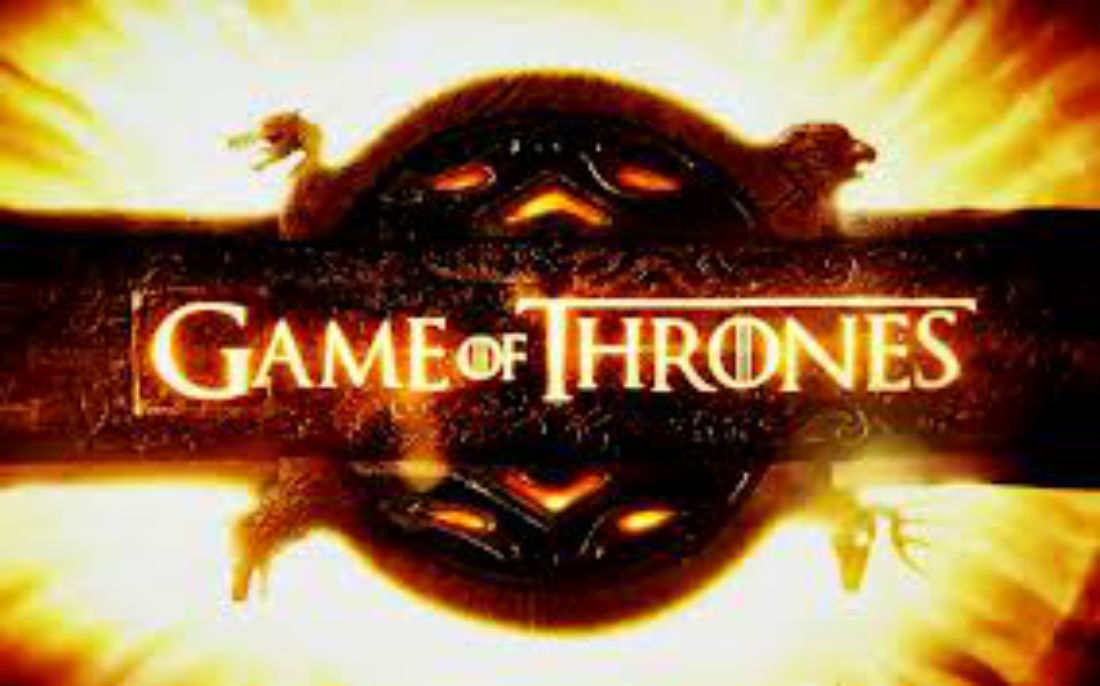


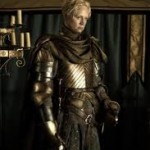


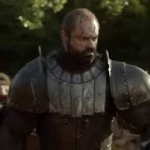


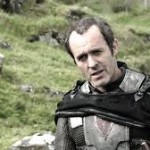

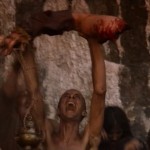


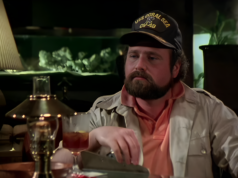







You should read the books, I don’t normal say that because I don’t normally read fiction (more of a history and lyrical essay sort of reader) but at the end of season two I wanted to know what happened next so went through all the books in about three months. Now I still want to know what happens next but out side becoming bff with George rr Martin I am stuck waiting until he finishes the next book. But the books are better that the series and I love the series, so I strongly recommend reading the books.
He died. Everyone think it would be someone from your list, but it from someone that isn’t from the list. You won’t be able guess who finally killed Joffrey.